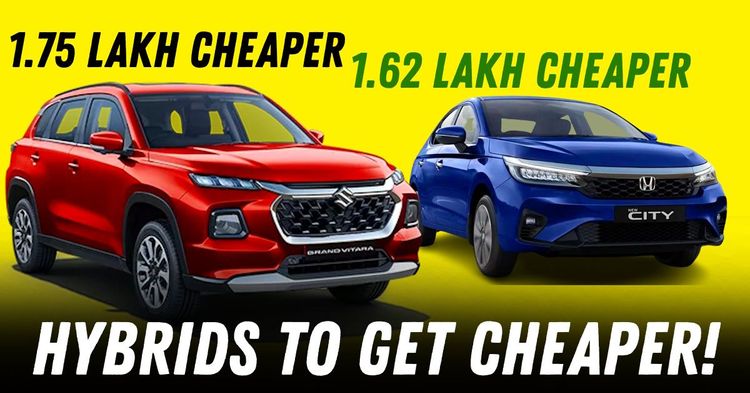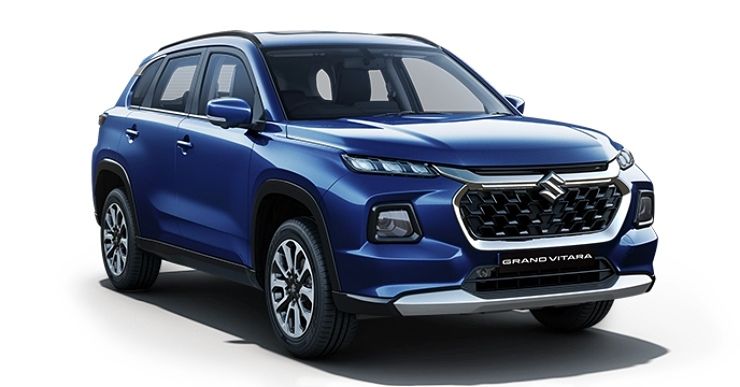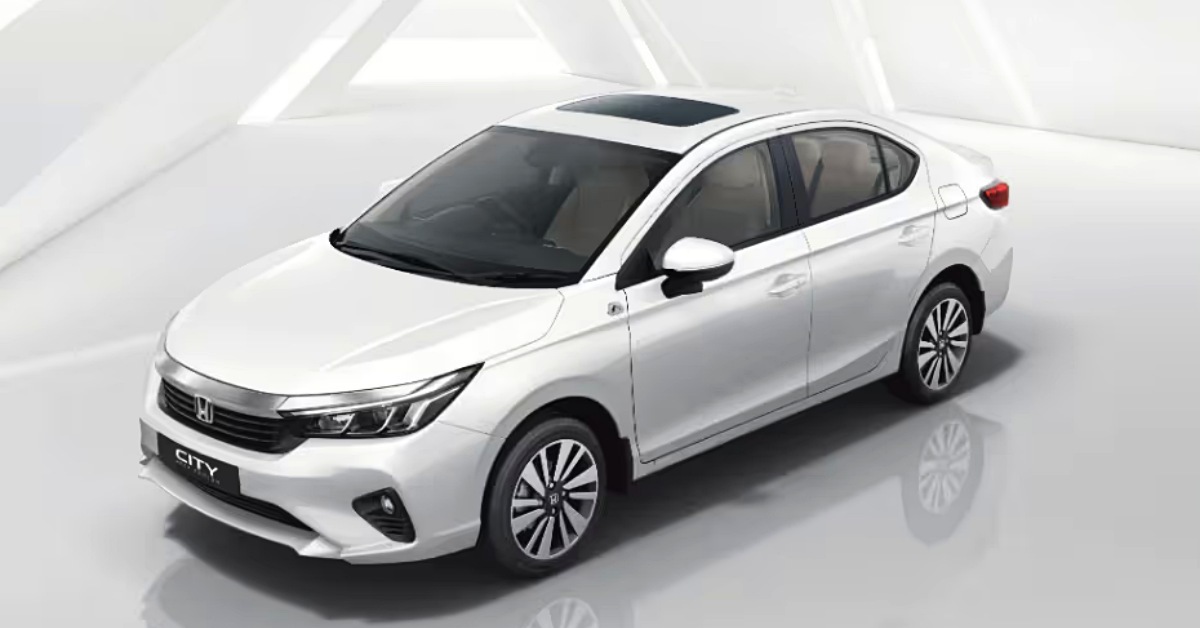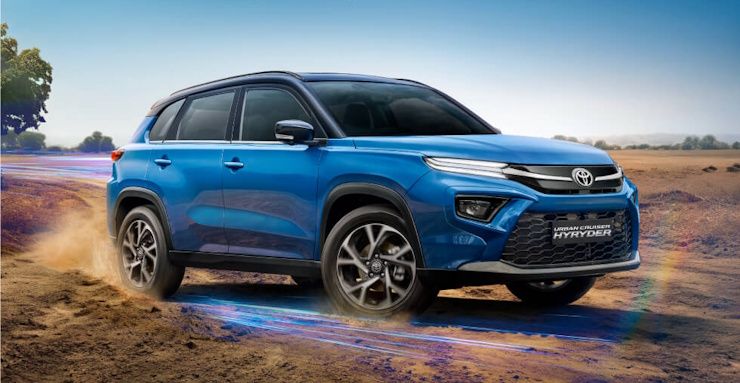Hybrid Cars And SUVs To Get 1.75 Lakh Cheaper In Delhi: New EV Policy


Delhi’s roads may soon see a dramatic shift in the kind of cars people buy, as the city government considers a bold move: waiving road tax and registration fees for hybrid vehicles, just as it does for electric cars. This proposal, part of the draft Delhi EV Policy 2.0, has sparked debate among carmakers and buyers alike, and could reshape the Indian car market in the years to come.

If the policy is approved, buyers of strong hybrid and plug-in hybrid cars priced up to ₹20 lakh (ex-showroom) in Delhi would no longer have to pay road tax and registration charges. These exemptions are currently reserved for electric vehicles (EVs), making hybrids a much more attractive option for those looking for cleaner, more fuel-efficient cars without the range anxiety or charging concerns that sometimes come with EVs.
For a typical buyer, these waivers could lower the upfront cost of a hybrid car by as much as 10-15%. That’s a significant saving, especially in a price-sensitive market like India, and could tip the scales for families considering a new car. The move is part of Delhi’s wider effort to curb air pollution and promote greener mobility options, with the city aiming for 30% of all new vehicle sales to be electric by 2030.

Hybrid cars use a combination of a petrol engine and an electric motor. Strong hybrids and plug-in hybrids can run on electric power alone for short distances, while mild hybrids only use their electric motor to assist the engine and cannot drive solely on electricity. The proposed policy specifically excludes mild hybrids from these incentives, focusing only on the cleaner and more efficient strong and plug-in hybrids.
The reasoning is simple: hybrids, while not as clean as pure EVs, still emit less pollution than traditional petrol or diesel cars. In a city like Delhi, where air quality is a constant concern, even a small reduction in emissions can make a big difference. Hybrids also offer a practical stepping stone for buyers who aren’t ready to go fully electric, especially given the current limitations in charging infrastructure.

Brands like Maruti Suzuki, Toyota, and Honda, which already offer strong hybrid cars such as the Grand Vitara, Urban Cruiser Hyryder, and Honda City e:HEV, could benefit the most. These companies have invested in hybrid technology and see it as a bridge to full electrification, especially in markets where EV charging is still developing.
On the other hand, manufacturers like Tata, Mahindra, and Hyundai—who have focused heavily on battery electric vehicles—are less enthusiastic. They argue that hybrids still rely on fossil fuels and that incentives should be reserved for zero-emission vehicles. Their concern is that extending benefits to hybrids could slow down the transition to fully electric cars and undermine the investments they’ve made in EV technology.
Delhi isn’t the first to consider such a move. Uttar Pradesh set a precedent in July 2024 by waiving road tax and registration fees for hybrids, and if Delhi follows suit, other states may be encouraged to do the same. This could lead to a nationwide shift in how hybrids are perceived and purchased.
For buyers, the immediate impact is clear: hybrids could become much more affordable, closing the price gap with regular petrol cars and making them a viable option for more families. For the industry, it’s a signal that government policy is still evolving, and that the path to cleaner mobility in India may include a mix of technologies, not just pure EVs.
The draft policy is not final yet. The Delhi government has extended the current EV policy for three months to allow for more consultation with carmakers and other stakeholders. The final decision will depend on feedback from manufacturers, environmental experts, and the public.
For now, the message is clear: Delhi is serious about cleaning up its air, and it’s willing to rethink the rules to make greener cars more accessible. Whether you’re a first-time buyer or looking to upgrade, the coming months could bring some of the biggest changes in the Indian car market in years. If the policy goes through, hybrids could soon be as easy on your wallet as they are on the environment—at least when it comes to taxes and fees.